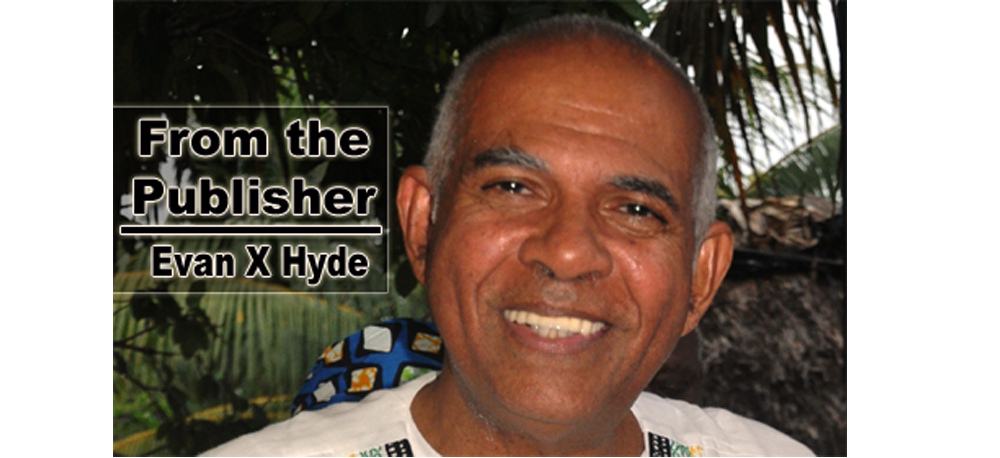Personally, I believe the significance of the recently elected Pope’s choice of “Leo XIV” as his papal name lies in the fact that the last papal Leo, Leo XIII, was the one responsible for the famous and critical encyclical entitled De Rerum Novarum, which was published around 1893 or so. The suggestion, then, is that the new Pope has a concern for the working poor, as Leo XIII did.
Rerum Novarum was the Roman Catholic Church’s attempt to hold on to its working class faithful. In Europe, workers were becoming converted to an atheistic philosophy called Marxism, or communism. Rerum Novarum proposed a kind of socialist philosophy which would enable workers to fight against laissez-faire capitalism without giving up their Christian faith.
It is an amazing thing that capitalism has managed to entwine itself with Christianity so absolutely, when capitalist dogmas are so antithetical to the New Testament teachings of Jesus Christ. But the capitalists’ propaganda may have been made easier to spread because of the fact that Karl Marx, the creator of communism, was so openly atheistic. He described religion as “the opium of the masses.”
The two largest nations which went communist in the twentieth century, Russia in 1917 and China in 1949, achieved phenomenal economic growth. Marx and his partner, Friedrich Engels, did not expect that communism would first emerge in a feudal society like Russia. They expected communism to become dominant in highly industrialized European countries like Germany and France.
The Mexican Revolution, which began in 1910, was influenced by the Russian Revolution of 1917, to the point where the Mexican governments of the 1920s were considered so dangerous by the Church that Roman Catholics, referred to as cristeros, actually took up arms against the Mexican government in the latter part of the 1920s.
The Roman Catholic politicians who emerged from St. John’s College in Belize in the 1940s, men like Nicholas Pollard and George Price, were very much influenced by Rerum Novarum. The early People’s United Party (PUP), with leaders like Pollard and Price, was essentially a working-class party.
In the latter part of the 1960s, the ruling PUP, then led by Right Hon. George Price, was leaning too far to the left to suit big merchants like Santiago Castillo, Sr., and Ismael Gomez. It had seemed in the late 1950s and early 1960s that everyone who was a Catholic Mestizo was also a PUP supporter. But this changed when Assad Shoman and Said Musa, young attorneys, began to influence Mr. Price, and Castillo and Gomez financed a Liberal Party in 1972 which became a part of the pro-capitalist United Democratic Party (UDP) in 1973.
After the change of government in Belize in 1984, from PUP to UDP, it seemed that ideology became a non-factor in Belizean politics. The UDP was, to repeat, pro-capitalist, and after Said Musa linked up with Ralph Fonseca after 1984 and Assad Shoman resigned from the PUP around the same time, the only thing of note that was really non-capitalist was the militant union movement of early 2005.
Today, there is turmoil inside the UDP which has lasted for more than a year, but there is nothing ideological about that dispute, only personality issues.
What is politics as we Belizean people understand it? Politics is a competition for the power/authority to tax the people and then spend those taxation revenues as the political winners see fit. There is, to repeat, no ideology in Belizean politics, at least not since the 1983 PUP chairmanship convention re-elected pro-capitalist Louis Sylvestre to its chairmanship.
Around us in the Caribbean, we see that communist Cuba is experiencing very, very hard times, laboring under a cruel economic embargo by the superpower United States for six decades now. Haiti has known only suffering in our lifetimes, but ideology is not a real issue in Haiti. The issues are race, religion, and so on. But the U.S. keeps a close eye on Haiti to make sure it does not go socialist. Jamaica flirted with socialism under Michael Manley in the 1970s, but returned to capitalism under Edward Seaga in the 1980s.
In Belize today, a union movement has begun to coalesce under the charismatic leadership of people like Dean Flowers and Nadia Caliz. Compared to the Caribbean countries we mentioned in the previous paragraph, Belizeans at the base of the pyramid are doing pretty well, and one of the reasons for this is that we have a greater percentage of our working class earning dollars in the world’s richest economy—the United States.
Bottom line, because of Belizeans’ historical access to the U.S. economy and the fact that Belizeans are heavily Christian, all we have here is personality politics. The upshot of this is that in Belize the rich stay rich and grow richer, and the poor at the base continue fighting for survival. The politics remains personal.

